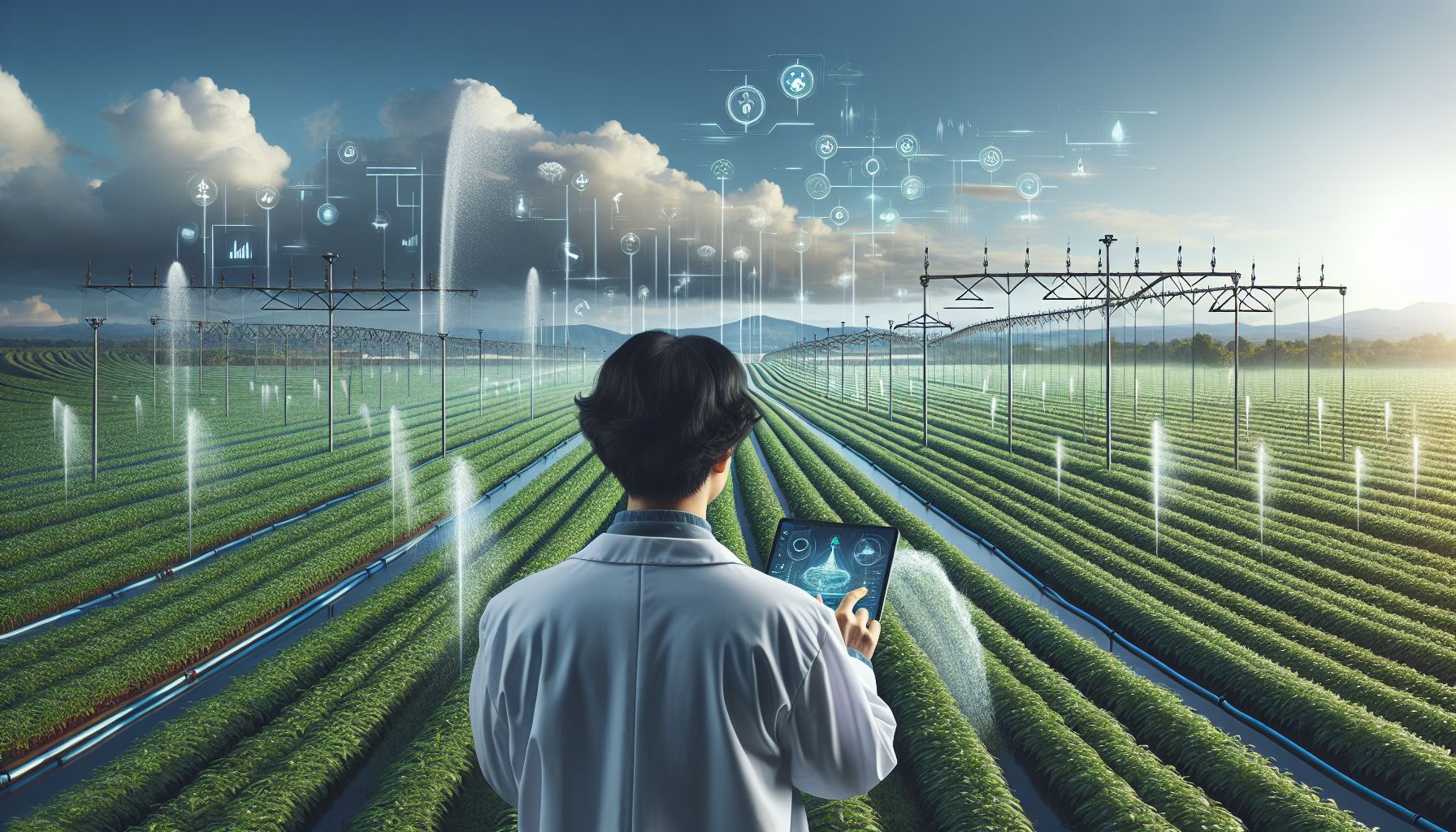In today’s world, with the ever-increasing demand for water and the growing concern over water scarcity, it has become crucial for the agriculture industry to adopt sustainable practices to conserve water. One of the key ways to achieve this is through the use of smart irrigation systems.
Smart irrigation systems utilize technology to optimize water usage in agriculture, leading to significant water savings and increased crop yields. These systems combine various sensors, weather data, and real-time monitoring to deliver the right amount of water to crops at the right time. By automating the irrigation process and adjusting water delivery based on crop needs and environmental conditions, smart irrigation systems help farmers reduce water wastage and improve efficiency.
Benefits of Smart Irrigation Systems
-
Water Conservation: Smart irrigation systems can reduce water usage in agriculture by up to 50% compared to traditional irrigation methods. By delivering precise amounts of water directly to the root zone of plants, these systems minimize water loss through evaporation and runoff.
-
Energy Savings: By optimizing water usage, smart irrigation systems also help reduce energy consumption associated with pumping and distributing water. This not only lowers operating costs for farmers but also reduces the environmental impact of agriculture on energy resources.
-
Improved Crop Health: By ensuring that crops receive the right amount of water at the right time, smart irrigation systems can help improve crop health and productivity. Consistent and adequate water supply leads to better growth, higher yields, and enhanced crop quality.
-
Remote Monitoring and Control: With smart irrigation systems, farmers can remotely monitor and control their irrigation equipment through mobile apps or web-based platforms. This provides convenience and flexibility, allowing farmers to manage irrigation schedules and make adjustments from anywhere, at any time.
Types of Smart Irrigation Systems
-
Drip Irrigation: Drip irrigation systems deliver water directly to the root zone of plants through a network of pipes, tubing, and emitters. This allows for precise water application, minimizing water waste and maximizing efficiency.
-
Sprinkler Irrigation: Sprinkler irrigation systems use sprinklers to evenly distribute water over the crops. Smart sprinkler systems adjust watering frequency and duration based on soil moisture levels, weather conditions, and plant requirements.
-
Soil Moisture Sensors: Soil moisture sensors measure the moisture content in the soil and provide real-time data to control irrigation scheduling. By ensuring that water is applied only when necessary, these sensors prevent overwatering and underwatering of crops.
Case Study: Netafim’s Precision Irrigation Solutions
Netafim is a leading provider of smart irrigation solutions that help farmers worldwide optimize water usage and improve crop yields. The company offers precision irrigation technologies, such as drip and micro-irrigation systems, that enable farmers to use water more efficiently and sustainably.
By implementing Netafim’s smart irrigation solutions, farmers have reported significant water savings, reduced labor costs, and increased crop production. Netafim’s advanced technology allows for precise control over irrigation parameters, resulting in better crop health and overall farm profitability.
Conclusion
Smart irrigation systems play a crucial role in water conservation efforts in agriculture. By leveraging technology to optimize water usage, these systems help farmers improve efficiency, reduce water wastage, and enhance crop productivity. With the growing challenges of water scarcity and climate change, smart irrigation systems are becoming increasingly essential for sustainable agriculture practices. Investing in smart irrigation technology is not only beneficial for farmers but also contributes to the overall conservation of water resources for future generations.
